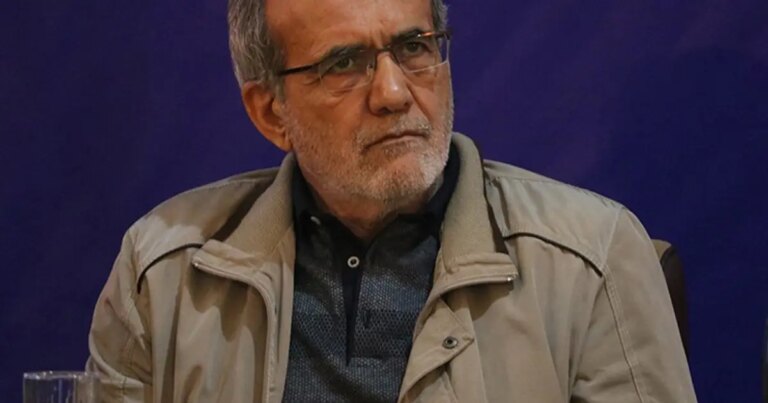As Iran prepares for general elections following the death of Ebrahim Raisi, reformist politician Massoud Pezeshkian announced on Sunday that he would run for president.
Pezeshkian, a former health minister and first deputy speaker of parliament, disputed disappointment with Iran’s electoral system and said he was “looking to increase voter turnout.”
Pezeshkian’s announcement came as Iran prepares to hold early presidential elections scheduled for June 28 following Raisi’s sudden death in a helicopter crash in northwestern Iran last week.
The election is coming The supreme leader is trying to consolidate power for his hard-liners, relegating the presidency to a more ceremonial role and ensuring all key posts are filled by his loyalists.
Public interest in elections Recent parliamentary elections saw record low voter turnout and voter turnout plummeted. In Tehran alone, just 7% of eligible voters took part in the recent runoff elections, highlighting the widening rift between voters and the government. The election that won Raisi the presidency in 2021 also saw the lowest voter turnout ever for a presidential election, suggesting similar difficulties are to be expected in next month’s fake election.
The upcoming presidential election Uncertainty surrounds the party as the Guardian Council is likely to exclude potential non-hardline candidates.
Iran’s political situation remains tightly controlled as Acting Vice President Mohammed Mokbel, supported by Supreme Leader Ali Khamenei, serves as interim president until elections. Statements from government officials continue to emphasize a tough stance against those perceived to be Iran’s enemies and a commitment to an unwavering policy course, suggesting no change in Iran’s political and social situation, which is ultimately in the hands of theocratic dictator Ayatollah Khamenei.

